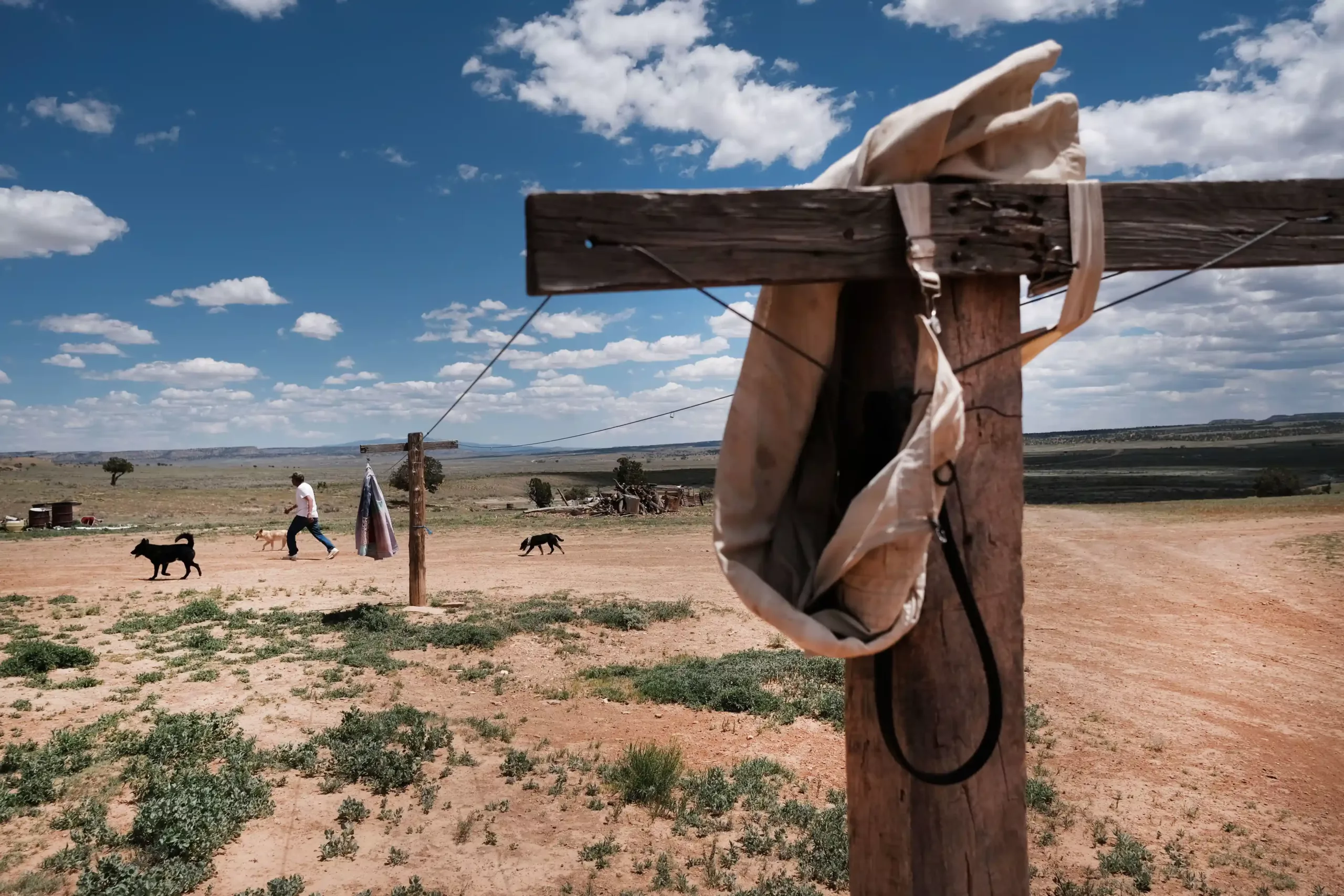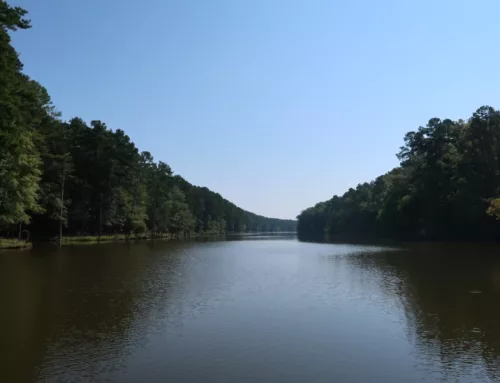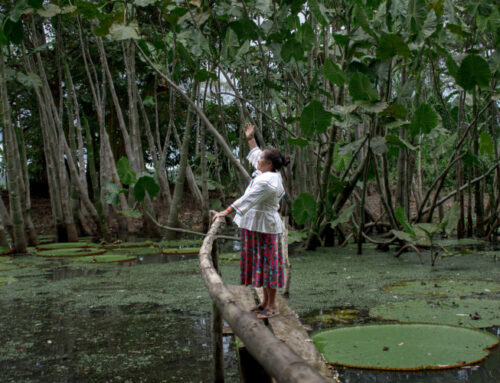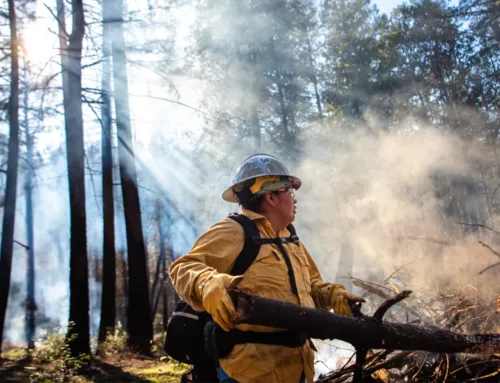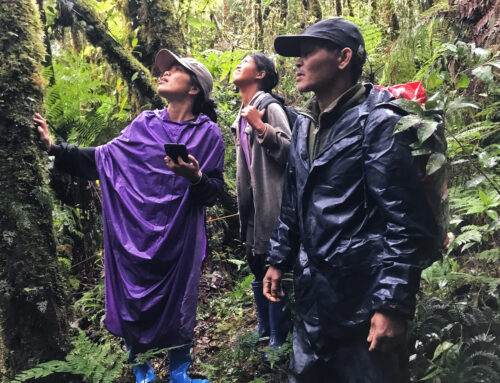Annette McGivney highlights the story of Candice Mendez, a Navajo woman who runs her family’s farm on the Navajo reservation in northeast Arizona. During her childhood, Mendez and her family were self-sufficient; however, by the early 1990s, nearby waterways began to dry up due to climate change. These changes in water accessibility now force Mendez to drive more than one hundred miles each week to haul water back to the farm for her animals, which have been tended by women in Mendez’s family for no less than five generations. Since the Navajo People were not considered US citizens at the time decision-making surrounding Colorado River agreements occurred, their communities remain excluded from water-use and continue to lack sufficient water infrastructure. The disproportionate impacts of climate change on the Navajo Nation make these conditions increasingly more difficult, especially as they experience even greater temperature increases than the 1.5 C increase that much of the southwestern United States has already seen. Mendez’s attempts to receive funding from the USDA to support her farm have been unsuccessful; loans like this require land ownership as collateral, and there is no private property on the reservation. Due to these significant hardships, Mendez continues to have serious concerns about her ability to maintain her family’s ranch. Photo Credit: Spencer Platt/Getty Images


